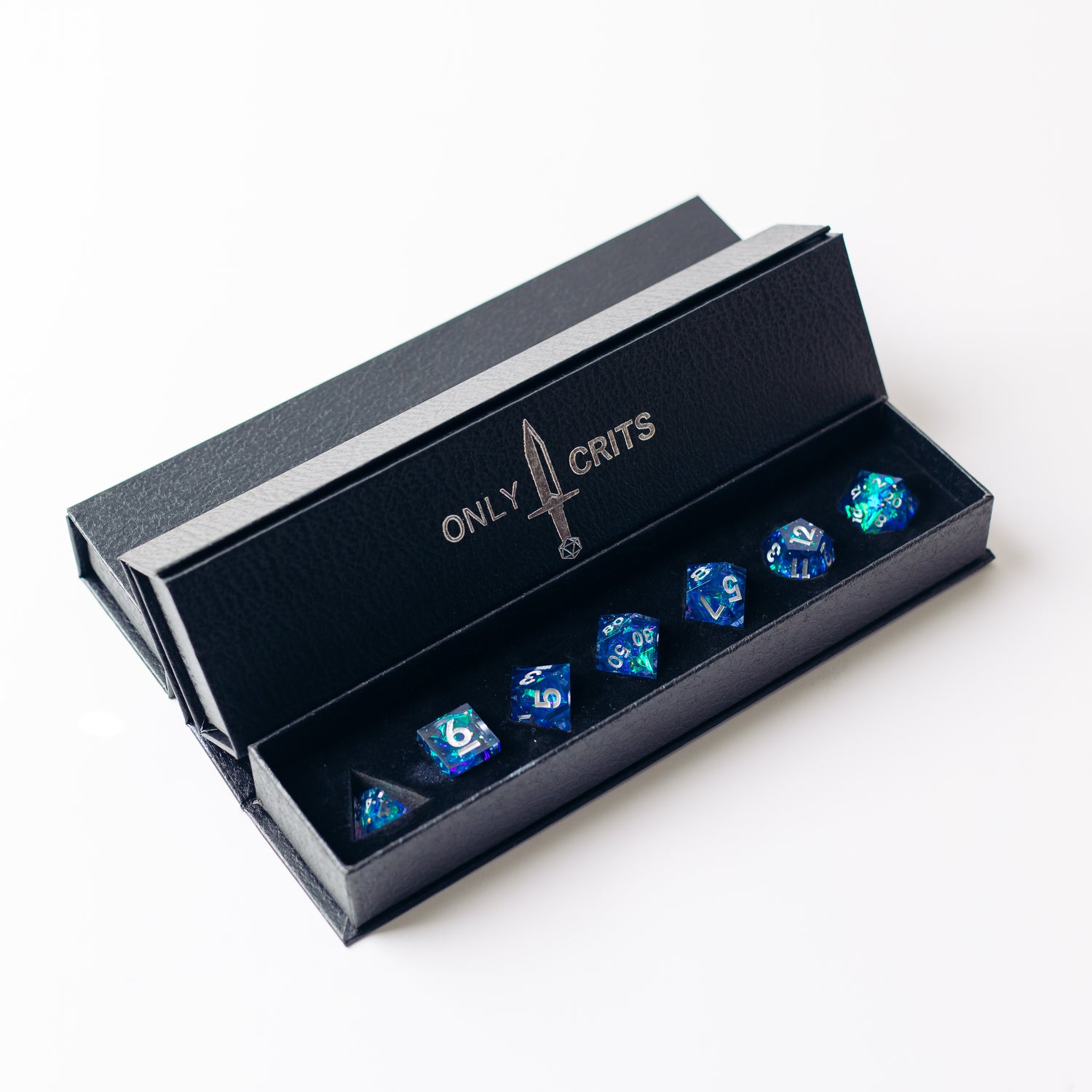The most difficult part of being a GM is making sure the sessions you run are balanced. Balanced between combat and roleplay, balanced between mystery and actionable items, balanced between danger and heroics. Despite these tightrope challenges the world is yours to do with as you please, and when it comes to balancing even the original creators didn't get it all right...
The Ranger Issue
Historically speaking the Ranger is the most frequently mocked 5e class. The general reason for this is that the ruleset was built primarily around roleplaying and combat, while the ranger class was primarily built around adventuring. Though the Ranger is well built if a party does a great dealing of long travelling through different terrains or hunting of enemies through the wild, there aren't a lot of other rules or scenarios where that happens. Or, the Ranger just got unlucky with their Favored Terrain and Favored Enemy and suddenly a great chunk of their usefulness is wiped out. That's because the Ranger is too specific, without being specific to the game being played.
The Lucky Issue
But being unspecific is an issue as well, for the opposite reason. Take something like the Lucky feat, which is so powerful and universally applicable that it is essentially never a bad idea to choose it. That's because Lucky has to do with a base mechanic, rolling dice, rather than an in game mechanic like speed. In game mechanics like speed allow for the GM to react in game, even if a PC has the ability to boost their speed an immense amount for instance the GM can still employ spells that slow or traps and terrain to cause trouble. A base mechanic like dice rolls takes the power completely out of the GMs hands. This isn't to say players shouldn't have agency, it's simply to point out that the more ingrained in the world of the game everyone is, the more engaging and coherent it becomes. Lucky, and other rules that effect base mechanics, force the GM to justify out of game actions with in game actions, whereas rules that deal with in game mechanics let the GM deal with in game actions.
Keeping it In Game
What does all this have to do with homebrewing? Because the only people in your game are you and your players, the rules and mechanics that are going to best suit your table are the ones you agree upon. Sometimes, those rules are not going to be in the core rulebooks. Just like it makes sense to give someone looking to play a Ranger an idea of what terrain they'll most likely be encountering, it makes sense to use rules that fit your world. Perhaps you're looking to create a game with arcane machines of wonder, or you want a more realistic representation of recovering health for a grimdark game. For these types of 5e campaign there is no better way to go about designing than through homebrew. Sometimes that homebrew will be yours, springing directly from your own mind, sometimes it will belong to third-party sources who have had similar thoughts and built mechanics for it in the past. As great as Fifth Edition is, there's no reason to handicap yourself by sticking to only the core books. And speaking of using other books...
We're Releasing a Sourcebook
In case you haven't heard we've developed a book centered on speed, arcane machines and racing competitions. It's called Guillman's Guide to Speed and there's lots of other content inside including spells, items, subclasses, backgrounds, lore, pantheons, riddles, skill challenges, maps and more. We're very excited about it and we truly think it's a great addition to the shelves of useful sources that the wonderful D&D community has and continues to create. If you're interested, you can view sneak peeks, see some art and help with playtesting by following the link below to our Discord.
Only Crits Discord


